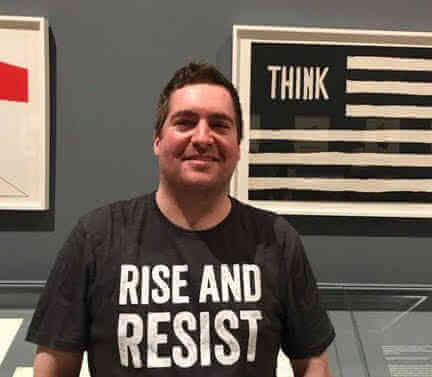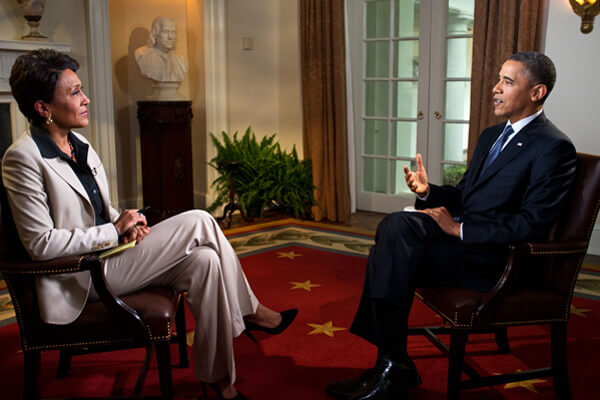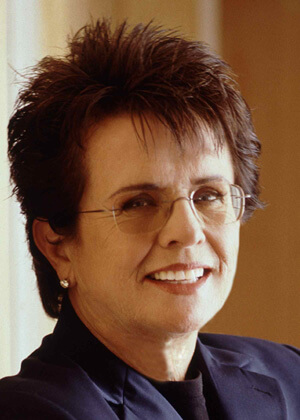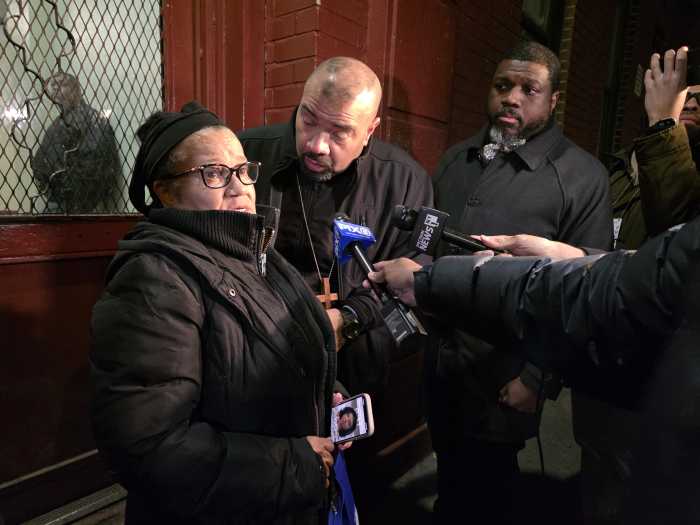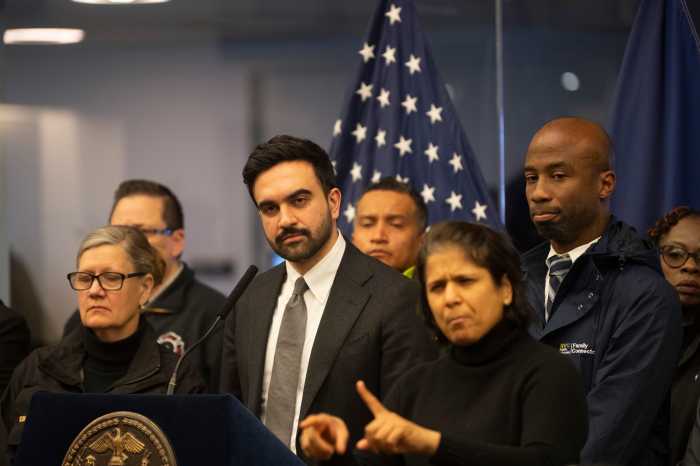Andy Ratto made headlines this past week when he interrupted former Starbucks CEO and potential 2020 presidential candidate Howard Schultz’s book event to issue a warning: “Don’t elect Trump, you egotistical billionaire asshole! Go back to getting ratioed on Twitter. Go back to Davos with the other billionaire elite who think they know how to run the world!”
That sound bite, referring to the wealthy executive’s long-shot idea of a third-party run, represented just a small sample of Ratto’s wider effort to use his privilege as a white man to make a positive difference in the struggle for social justice.
Ratto, a gay man who grew up on the outskirts of Los Angeles and now resides in Brooklyn, has utilized civil disobedience and other forms of disruption to highlight oppression, push back against corporate greed, and call out powerful figures when he says the media refuse to do so.
He similarly heckled former White House press secretary Sean Spicer during a different book event, calling him a “garbage person” who “lied as press secretary and then continued to lie in his book. Ratto has also disrupted public events featuring Governor Andrew Cuomo and former New York City Mayor Rudy Giuliani, among others.
He noted that many topics of importance in the queer community, such as the intersection of LGBTQ issues and immigration as well as police brutality, are not discussed enough in the mainstream — and heckling serves as a way to inject these topics into the conversation.
“Anytime the police have any sort of public events or high-ranking officials show themselves in public, there’s an opportunity to call them out,” he said. “We want to disrupt the feel-good narrative they have about serving the community. They don’t serve our community and they don’t serve most of the other communities in New York City other than privileged, well-off, educated white people.”
Ratto has seen his white privilege play out time and time again. Through his involvement with ACT UP, Rise and Resist, and other campaigns to protest the status quo, he knows he is given the benefit of the doubt when he puts himself at risk for arrest, whereas people of color are faced with increased scrutiny and graver risks for doing the very same things.
Ratto pointed to a 2015 incident when undocumented transgender activist Jennicet Gutiérrez interrupted President Barack Obama’s LGBT Pride month speech by begging him to “release all LGBTQ immigrants from detention and stop all deportations!” Obama reacted with disdain, saying “shame on you” before telling Gutierrez that she was “in my house” and directing security to remove her. Members of the crowd also grew upset with Gutierrez and at least one person suggested that she was selfish, saying the event “is not for you! It’s for all of us!”
“The reaction from Obama was condescending,” Ratto said. “People saw Obama as a friend and ally and asked, ‘Why would you attack someone who is on our side?’ I recognize that I’m usually not going to get that sort of negative reaction and that there is a sort of de facto assumption that, ‘Oh, a white man is speaking. Let’s listen to what he has to say.”
It shows, too: Between his heckling of Spicer and Schultz, Ratto said he has been treated fairly by security when escorted out of the bookstores. He said he was also treated well by police when he was arrested for civil disobedience, which pales in comparison to the realities in communities of color where people are often the victims of police brutality.
Ratto’s success in those situations has emboldened him to continue speaking up when necessary, and he is looking ahead to the events later this year surrounding the 50th anniversary of the Stonewall protests. While others will be celebrating Pride, Schultz said there is much more work to do.
“We talk a lot about the way that Stonewall was an act of violence and oppression by the police, but it’s not a situation that is in the past. It’s not like the oppression ended 50 years ago. It’s ongoing and we need to speak up.”
Whether he is targeting Pride or Schultz, Ratto’s unique brand of activism maintains a consistent message geared toward uplifting marginalized groups. To that end, he believes Schultz, whom Ratto disrupted at the Union Square Barnes & Noble on January 28, would be an awful president because of the way he has hoarded money at the expense of his employees. The 65-year-old executive, he said, thought it was more important to become a billionaire than find ways to treat his employees with more respect.
“I think that we would be a better country if we looked at a billionaire and thought, ‘That is a disqualification to be president, to be a leader,’ rather than the mainstream discourse, which seems to be favorable to the idea that a billionaire represents some sort of success, and by extension of the virtue of hard work, accumulation of capital.”
It’s likely that the direction of political discourse will determine Ratto’s next move. The entire point of his protests, though, is to drill his messages constantly until they finally make a difference.
“For me, showing up over and over again and saying how can I speak truth to power or speak truth to assholes, will perhaps shifts the conversation a little bit,” he said. “Perhaps it opens up room for dialogue or gives voice to people who aren’t being heard.”

